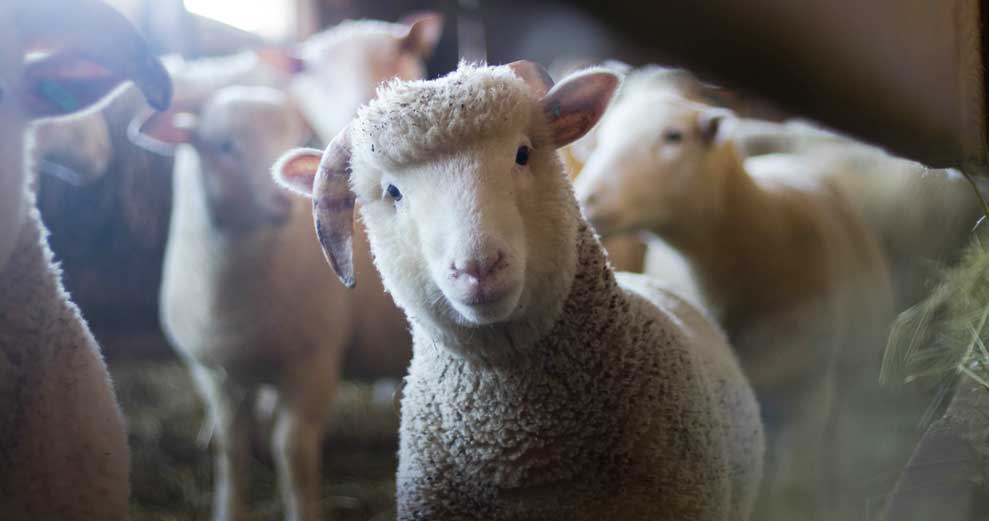Although many can’t resist an opportunity to interact with animals at zoos, fairs, petting zoos and other exhibits, it’s worth remembering that something as simple as washing your hands afterwards can keep you from getting sick. To keep these animal encounters educational, fun and safe for student groups, keep these tips and guidelines in mind.
Even when animals appear healthy, it’s important to know that they can sometimes carry germs that can make people sick. The Centers for Disease Control and Prevention (CDC) outlines the top things to keep in mind during your next animal exhibit interaction. In brief:
Wash Your Hands Often
Find out where hand-washing stations are and always wash your hands right after petting animals, touching anything in animal areas and after being in animal areas—even if you didn’t end up touching anything. Though soap and water are the preferred method of washing, hand sanitizer containing at least 60 percent alcohol also works until you’re able to find a sink.
Eat and Drink Safely
Don’t prepare, eat or serve food in animal areas and don’t share your food with animals—for both your health and theirs! Avoid eating or drinking raw (unpasteurized) products made or sometimes sold at animal exhibits.
Keep Children Safe
Young children are more likely to catch harmful germs some animals can carry—keep children 5 years old and younger from having contact with reptiles, amphibians and live poultry. Always supervise children around animals and never allow them to put their thumbs, fingers or objects in their mouths when around animals or in animal areas. Refrain from taking strollers, bottles, pacifiers, spill-proof cups and toys into animal areas, as well.
Information courtesy of CDC. Additional information is available at Stay Healthy at Animal Exhibits.
Written by Sarah Suydam, Staff Writer for Teach & Travel.




